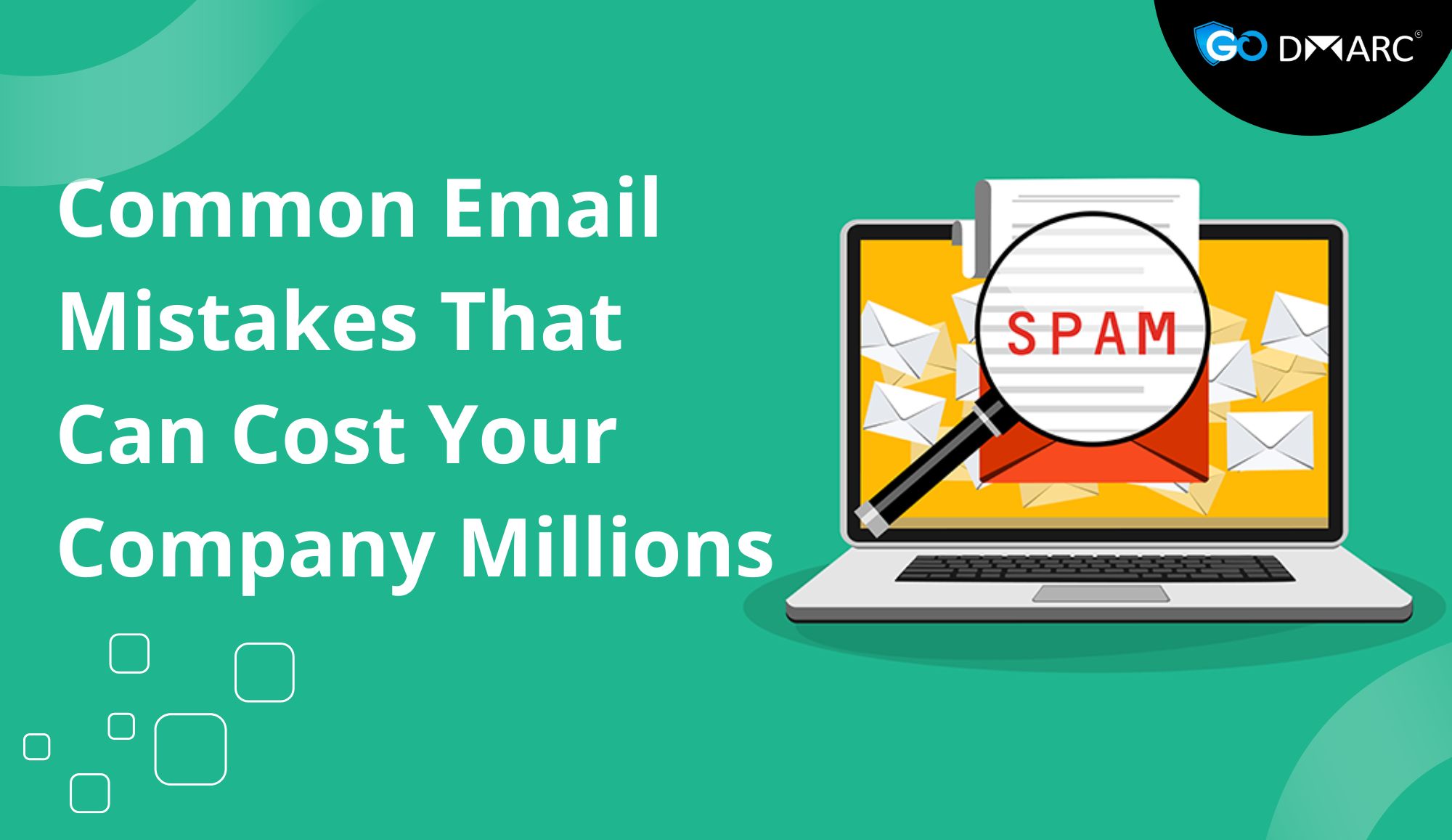Introduction
In a shocking cyber fraud incident, popular beauty and wellness e-commerce giant Nykaa reportedly suffered a financial loss of Rs 60 lakh. This attack serves as a wake-up call for businesses, reminding them of the ever-growing cyber threats in today’s digital landscape. Cybercriminals are continuously evolving their tactics, exploiting vulnerabilities in email security, payment systems, and internal processes.
One of the most common attack vectors remains email-based fraud, including phishing, spoofing, and Business Email Compromise (BEC). As organizations rely heavily on email communication, securing this channel is critical. DMARC email security has emerged as a powerful defense mechanism against fraudulent emails, preventing attackers from impersonating legitimate domains.
This article explores how cyber fraud affects businesses, the role of DMARC email security, and essential cybersecurity measures that companies should implement to protect themselves from financial and reputational damage.
The Nykaa Cyber Fraud Incident
Nykaa’s cyber fraud incident highlights how even well-established companies can fall victim to sophisticated cyberattacks. While detailed technical information about the attack has not been fully disclosed, reports suggest that fraudulent transactions were executed through social engineering and email spoofing techniques.
Possible Attack Vectors Used
- Phishing Attacks: Hackers may have sent deceptive emails, tricking employees into revealing sensitive financial information or approving transactions.
- Business Email Compromise (BEC): Cybercriminals could have impersonated company executives, requesting urgent fund transfers.
- Email Spoofing: Attackers might have used fake email addresses that appeared legitimate, misleading employees into sending money to fraudulent accounts.
- Malware or Keyloggers: Malicious software might have been used to capture login credentials and execute unauthorized financial transactions.
This incident underscores the importance of robust cybersecurity practices, particularly in securing email communications, which is where DMARC email security comes into play.
Understanding DMARC Email Security
What is DMARC?
DMARC (Domain-based Message Authentication, Reporting, and Conformance) is an email authentication protocol designed to protect businesses from email spoofing and phishing attacks. It works alongside SPF (Sender Policy Framework) and DKIM (DomainKeys Identified Mail) to ensure that only authorized senders can send emails on behalf of a domain.
How DMARC Works
- Verification of Sender Identity: DMARC checks if an email is genuinely sent from an authorized server based on SPF and DKIM records.
- Email Authentication: If SPF and DKIM fail, DMARC determines whether to allow, quarantine, or reject the email.
- Reporting and Monitoring: DMARC provides detailed reports on fraudulent email activities, helping businesses track and mitigate threats.
By implementing DMARC email security, businesses can prevent cybercriminals from impersonating their domain and carrying out fraudulent activities like those seen in the Nykaa case.
Why Businesses Need DMARC Email Security
1. Prevention of Email Spoofing and Phishing
Cybercriminals frequently use spoofed emails to deceive employees, customers, and partners. DMARC email security helps in blocking such fraudulent emails, ensuring that only legitimate emails are delivered.
2. Protection Against Business Email Compromise (BEC)
BEC scams involve cybercriminals impersonating company executives to manipulate employees into transferring money or sharing sensitive data. DMARC significantly reduces the risk of such attacks by verifying email authenticity.
3. Improved Brand Trust and Reputation
Customers and stakeholders trust companies that prioritize email security. DMARC ensures that only genuine emails reach users, preventing brand abuse and phishing scams.
4. Compliance with Cybersecurity Regulations
With increasing cybersecurity regulations, many industries are required to implement strict email security measures. DMARC compliance helps businesses meet legal and industry-specific security standards.
5. Enhanced Visibility into Email Traffic
DMARC reporting provides insights into how email domains are being used, allowing businesses to detect and stop malicious email activities before they cause harm.
Other Cybersecurity Measures for Businesses
While DMARC email security is crucial, businesses should adopt a multi-layered security approach to safeguard their digital assets.
1. Employee Cybersecurity Awareness Training
- Conduct regular training on identifying phishing emails and suspicious activities.
- Implement simulated phishing exercises to test employee awareness.
2. Multi-Factor Authentication (MFA)
- Require MFA for all email accounts and financial transactions to add an extra layer of security.
3. Advanced Email Filtering Solutions
- Deploy AI-driven email security solutions that can detect and block phishing attempts.
4. Strict Financial Transaction Protocols
- Implement verification procedures for high-value transactions, such as requiring approval from multiple executives.
5. Regular Security Audits and Penetration Testing
- Conduct periodic security assessments to identify and patch vulnerabilities.
6. Incident Response and Recovery Plan
- Have a well-defined incident response strategy to quickly mitigate cyber fraud attempts.
Real-World Cases of Email-Based Cyber Fraud
Nykaa is not the only company to fall victim to cyber fraud. Several major organizations have faced similar attacks:
1. Google and Facebook – $100 Million Fraud
- A cybercriminal posed as a vendor and sent fraudulent invoices, tricking both tech giants into paying over $100 million.
- This could have been prevented with DMARC email security to verify the authenticity of emails.
2. Ubiquiti Networks – $46 Million Loss
- Attackers used BEC tactics to impersonate company executives and authorized fraudulent wire transfers.
- Stronger email security measures like DMARC, SPF, and DKIM could have prevented this attack.
3. Pathé – $21 Million Stolen
- The Dutch film company suffered a loss after fraudsters impersonated a top executive and convinced employees to transfer funds.
- Better email authentication and verification processes could have mitigated the risk.
These cases reinforce the urgent need for businesses to invest in DMARC email security and other cybersecurity measures to protect their finances and reputation.
Conclusion
The cyber fraud incident at Nykaa serves as a wake-up call for businesses worldwide. Cybercriminals are becoming more sophisticated, targeting companies through email-based attacks such as phishing, spoofing, and BEC.
Implementing DMARC email security is one of the most effective ways to safeguard an organization’s email communications. By preventing unauthorized senders from impersonating a business domain, DMARC helps reduce the risk of email fraud and enhances overall cybersecurity.
However, email security alone is not enough. Businesses must adopt a comprehensive cybersecurity strategy, including employee training, multi-factor authentication, financial controls, and regular security audits.
As cyber threats continue to rise, companies must take proactive measures to protect their assets and maintain customer trust. The lessons learned from Nykaa’s cyber fraud should encourage all businesses to prioritize cybersecurity before they become the next target.
Stay secure. Stay vigilant. Implement DMARC today.




